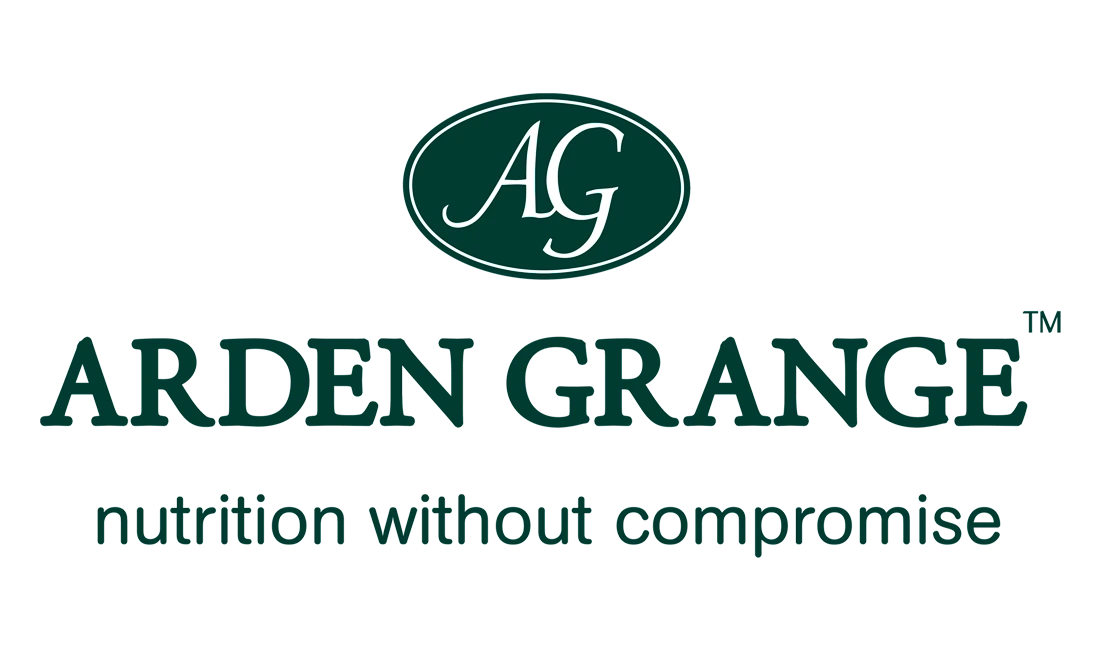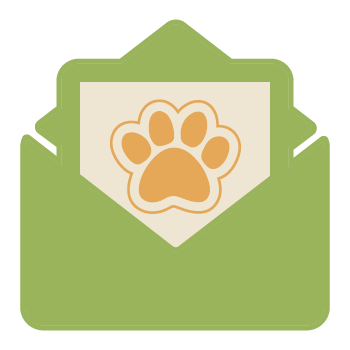How to host a pet-friendly springtime egg hunt
Does your family have an annual Easter egg hunt? Has your pet ever tried to get involved either by running off with a plastic egg in their mouth (we’d never let our pets take something chocolate) or do they bat the eggs around the house, to be lost under an item of furniture?
If the answer is yes, you need to read this blog! Because this year, we’re showing you how to put your pet’s nose to the test and either make them, their own egg hunt or get them involved in the family tradition!
- Plastic eggs which can be filled – these can be picked up from most supermarkets or pound shops. Make sure to get eggs which are appropriately sized for your pet. We don’t want tiny eggs for a large breed! If you are worried about a choking hazard, you can use some robust hollow toys instead that your dog is already familiar with. This may be wise for “power chewers” to help prevent accidental ingestion.
- Some of your pet’s favourite treats – make sure they have a strong scent as your pet will be following their nose.
- Place a small number of treats in each egg (or feeding toy).
- Hide the eggs around an area of your home or garden. (Keep the locations secret by not letting your pet follow you).
- Bring your pet into the hunting grounds and let them go. (Remember: to not leave your pet unsupervised.)
- When they sniff out an egg, reward your pet by opening the container, giving them the treat and praising them in an excited voice to keep them motivated.
- If you notice attention being to wane point them in the direction of an egg and keep the fun going.
For dogs who are likely to decimate an egg (or even a robust feeding toy), you can simply hide treats in appropriate areas of your home or garden and bypass the container. Safety is paramount.
If you don’t want to use treats inside the eggs or want to make the hunt harder, ask your pet to retrieve the plastic eggs (you could also use suitably sized heavy duty balls) and place them in a basket, you can still reward, with each egg found, for a job well done. But you could also, give them an extra-large prize if they find all the eggs… maybe a special Easter toy or springtime harness (we know our pet parents love to shop)?
Did you know, the most appropriate Easter egg for a dog is a real egg?! (assuming no known allergy or intolerance to eggs). Little boiled quails eggs are ideally suited to small breeds, standard free range hens’ eggs for medium breeds, and a large sized chicken or duck egg for larger breeds. Most dogs love eggs which is why we include them in so many of our recipes, and they are very nutritionally valuable too!
(Chop them up if your dog is likely to swallow them whole).
- If your pet begins chewing the plastic eggs simply swap to either a Kong fillable toy or suitable alternative or no toy at all. Simply hide the treats around your home.
- Once finished the plastic eggs make great cat toys or can be used again next year.
- Make sure to remember treats have been fed extra to your pets currently daily meals and to adjust accordingly.
- Make sure to collect any remaining eggs your pet doesn’t find.
We hope you have an eggcellent time, planning your egg hunt! We’d love to see your proud pet parent moments, so make sure to share your photo with us on Instagram, using #ArdenGrange.


 Puppy
Puppy
 Adult
Adult
 Senior
Senior
 Sensitive
Sensitive
 Treats
Treats Kitten
Kitten
 Adult
Adult
 Senior
Senior
 Trusted British Brand
Trusted British Brand

